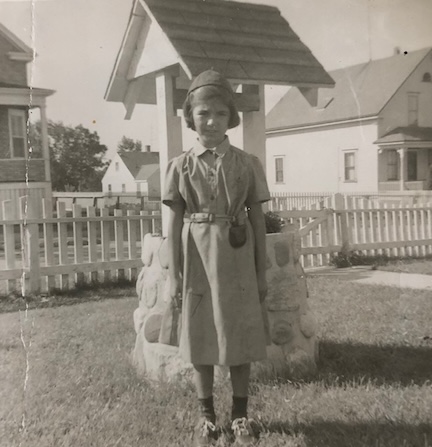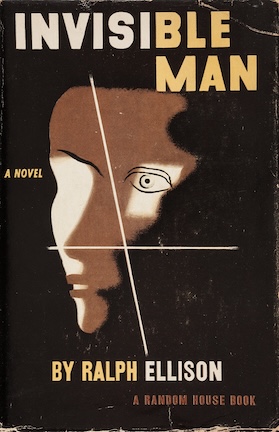I return to Liston’s with this Hilltown Postcard about the Bum Steers, a popular band that played frequently when Steve and Diane Magargal owned the business in Worthington, Mass., and we were regulars there on a Friday night.
It’s another Friday night at Liston’s and the Bum Steers are into that likable playlist that gets people off their seats and dancing.
Bum Steer Bill, wearing a red Western shirt and silver studs in his ears, says the band loves Johnny Cash, and their audiences do, too. The Bum Steers play five of his songs tonight. They also play a Willie Nelson, more of the Stones and something by Hank Williams. A Warren Zevon clears the dancers, but he’s a band favorite. It rebounds with another golden Western, and the floor refills.
The Bum Steers may not be the best band that plays at Liston’s, but they are big crowd-pleasers. Bill says, “We’re not good enough musicians to win them over that way. We just make friends. We play music people like.”
The band debuted when the core four, who grew up together, did an eight-number set as the warm-up act for their fortieth birthday party at a Legion hall years ago. Eight months later, they had their first gig playing for the door at a bar in the Berkshires. Now the Bum Steers make music twice a month at bars and clubs all over Western Massachusetts.
Bill says if he ran a bar, it’d be like Liston’s. People pay attention, and if fifty people are in the place, forty will dance. He remembers the time a couple of women danced on the bartop. He says, “It makes you feel a little like a rock star.”
But not every place is like that. The night can be a hit or miss for the band. Sometimes no one dances until the last set or six people are left in the joint and the last forty-five minutes turns into a paid rehearsal.
That happens at Liston’s. The place can be so packed, you can hardly move. People slop drinks on the floor or each other. You take an unintentional chop from an elbow. Amateur dance night, I call it. At least we no longer have to dodge lit cigarettes. But other times it’s so dead, Hank and I are the only ones dancing or half the audience came with the band. Or no women show up, so the men just stand around drinking.
You want it to be somewhere in the middle, like tonight, so Steve and Diane Magargal, the owners, feel they can keep this going. Steve says getting bands to play at Liston’s was hard at first. Nobody wanted to make the trip, but they won them over so there’s live music usually every Friday. At the pig roast in August, at least four bands play.
There’s never a cover charge, so if the night’s receipts are close to paying the band, Steve’s happy. Their accountant says they shouldn’t do it, but he likes the music, and he likes having it for the locals. “The town’s been great for a million different reasons,” he says.
As for the music, Skynard is big here. So are the Allman Brothers and Van Morrison. Brown-eyed Girl is a guaranteed hit. So are Sweet Home Alabama, Give Me Three Steps, Roadhouse Blues by the Doors — you know the words: “I woke up this morning and I had myself a beer” — and that barroom anthem Mustang Sally although the Bum Steers won’t be performing it tonight. Neither does the band play Free Bird although more than one loud drinker always makes the request.
Years ago, the Bum Steers recorded a CD, The Bum Steers Live at Liston’s. On the cover is the photo one of the bar’s super-regulars, a logger whose father was the mayor of a very large city, who clutches a longneck and raises a hand in a how-do-you-do barroom salute.
The album is sort of a best-hits list for the band, including a couple of originals. The tune, Thousand Dollar Car, is one of the Bum Steers’ best slow numbers. The chorus goes like this: “Oh, why did I go and buy a thousand dollar car?” Really.
Hank and I weren’t there for the recording, but later we bought the CD, autographed by the band, for five bucks. Bum Steers Bill signed his: “Glad you keep comin’ out.”



